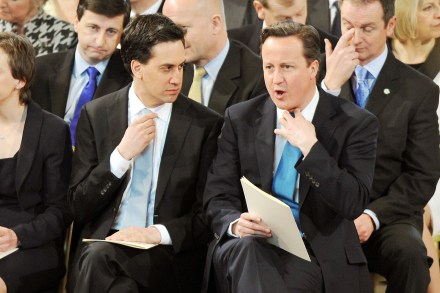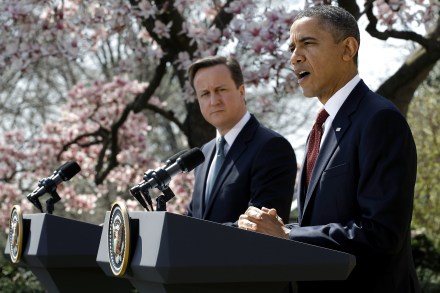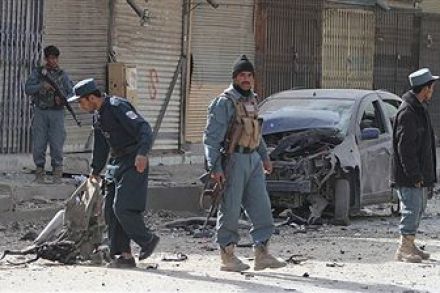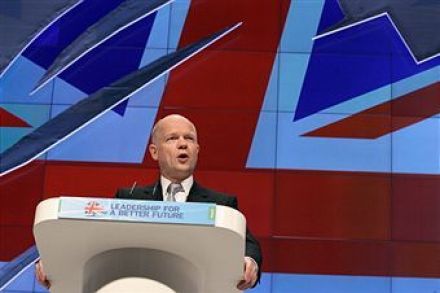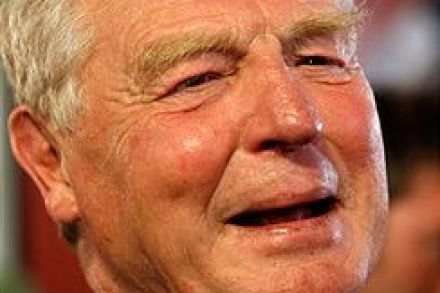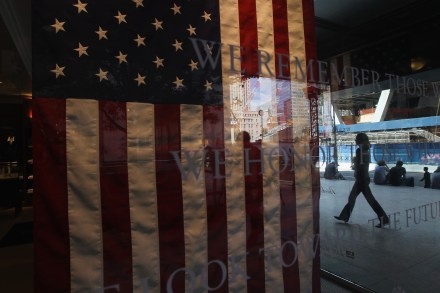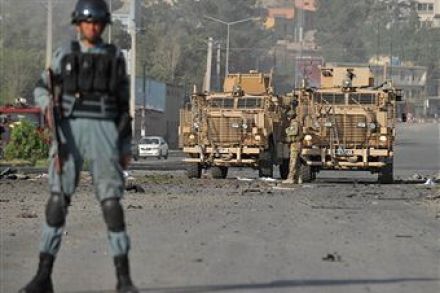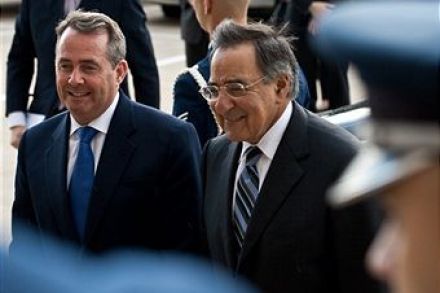War is War: Horrid But Not Shocking
Commenting on the publication of photographs of American soldiers in Afghanistan posing with the severed limbs of their dead Afghan opponents, Andrew Sullivan says this is “What Empire Does”: The sickening pictures speak for themselves. At what point will we recognize that inserting ourselves into places like Afghanistan and Iraq will change us, has changed us, and will change us. Mercifully, this latest inhuman excrescence is not government policy, as at Abu Ghraib. But it exposes even more deeply the inherent failure and moral corruption of occupying Afghanistan and the need to withdraw sooner rather than later. Oh please. This is what war does to men at arms. As Toby


